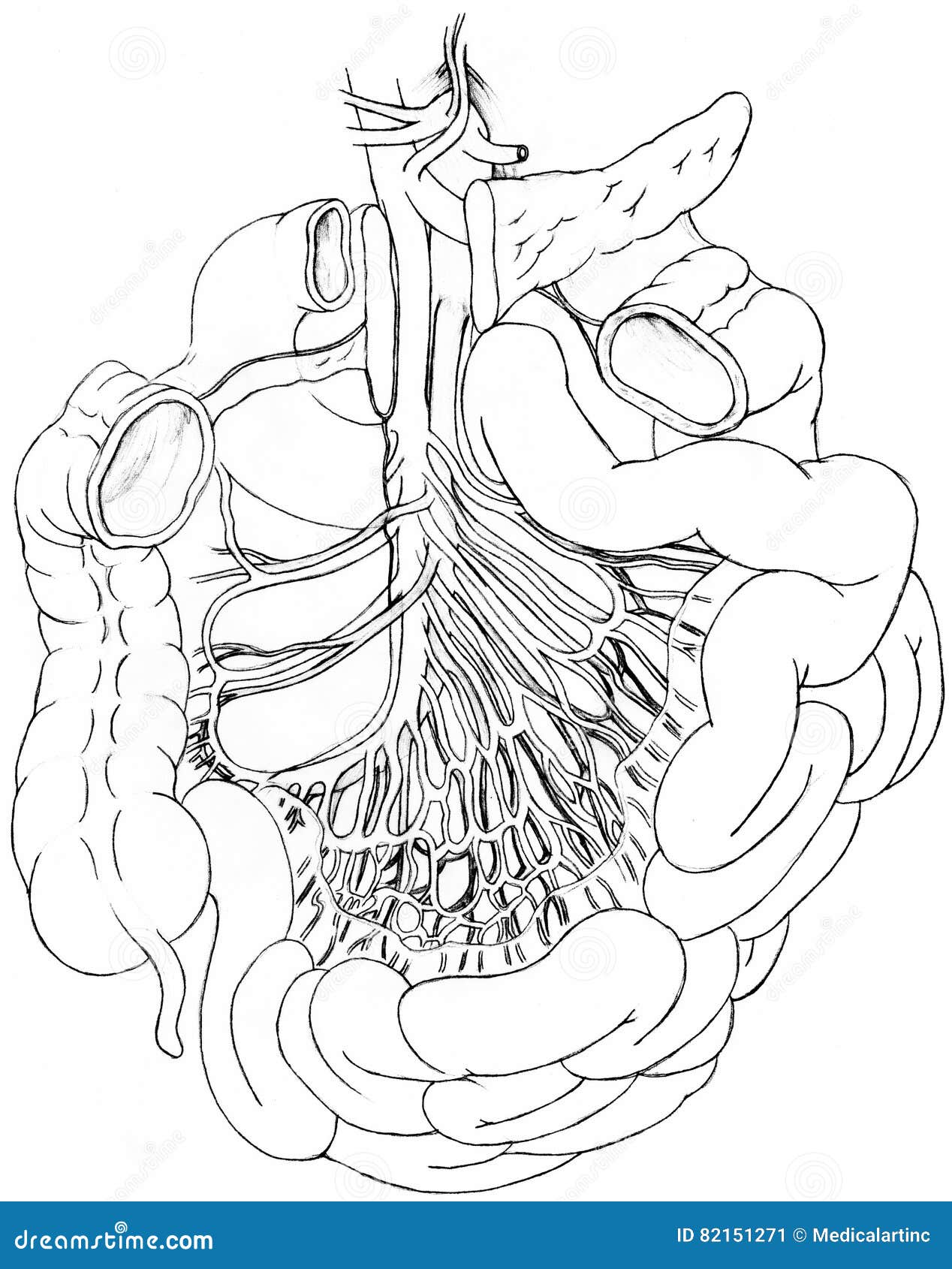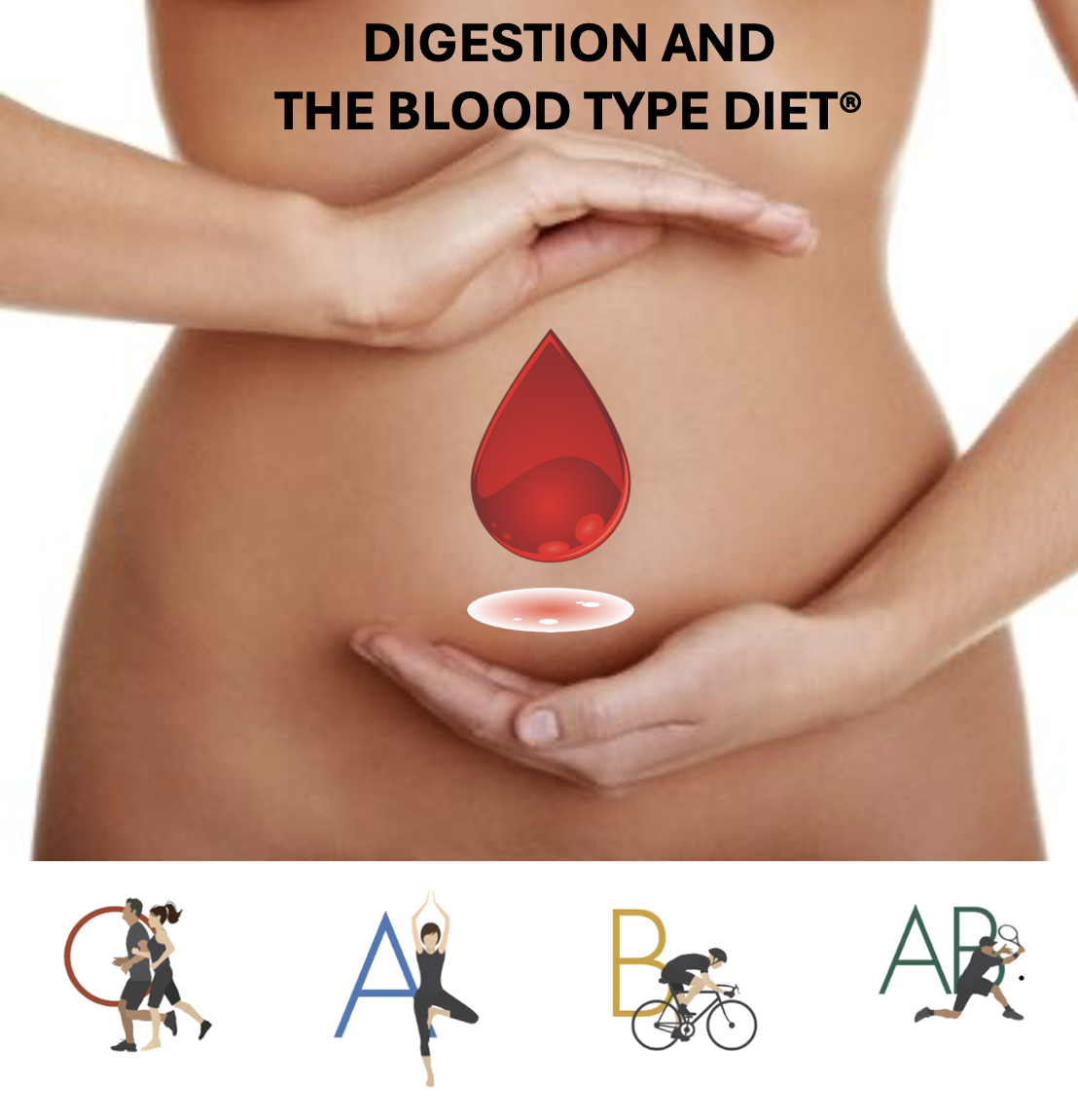
/blood-56a26f865f9b58b7d0ca502f.jpg)
This study was undertaken as a search for the relative effects of sociocultural and individual behavioral factors contributing to acute and chronic gastritis patients visiting Saint Paul Hospital Millennium Medical College (SPHMMC).Ī cross-sectional study was carried out on 364 patients visited SPHMMC in the study. However, all contributory factors were not equally responsible for affecting disease.

Any departure from the state of physiological, psychological, or social well-being was affected by different factors. The health of individuals is not only the absence of disease checked medically, but also encompasses social and psychological aspects. pylori infected person will remain asymptomatic or will develop one of the severe gastric diseases. pylori, local geography and climate, genetic background and immunity of the host, gastric and intestinal microbiota, and dietary habit and history of medicine usage together determine whether the H. Rather, the cumulative effect of a number of factors like the virulence proteins of H. pylori infection alone does not satisfy the “necessary and sufficient” condition for developing aggressive clinical outcomes. pylori factors” and several “other factors,” which have been claimed to have links with severe gastric and duodenal diseases. In this review, we have discussed the state of the art knowledge on “H. pylori has positive and negative associations with several other gastrointestinal (GI) and non-GI diseases. Moreover, several reports indicated that colonization of H.

pylori infected individuals remain asymptomatic, while some (10–20%) develop such severe gastric diseases. It is still not convincingly understood, why most (80–90%) H. pylori as sole pathogen in gastric diseases is heavily debated and remained controversial. These two gastric diseases take more than a million lives every year. pylori, which may be responsible for severe gastric diseases like peptic ulcer and gastric cancer. Half of the world’s population carries H. Helicobacter pylori is the first bacterium to be categorized as a definite carcinogen by the International Agency for Research on Cancer (IARC) of the World Health Organization (WHO). Pathogenic potentials of the gastric pathogen, Helicobacter pylori, have been proposed, evaluated, and confirmed by many laboratories for nearly 4 decades since its serendipitous discovery in 1983 by Barry James Marshall and John Robin Warren.


 0 kommentar(er)
0 kommentar(er)
